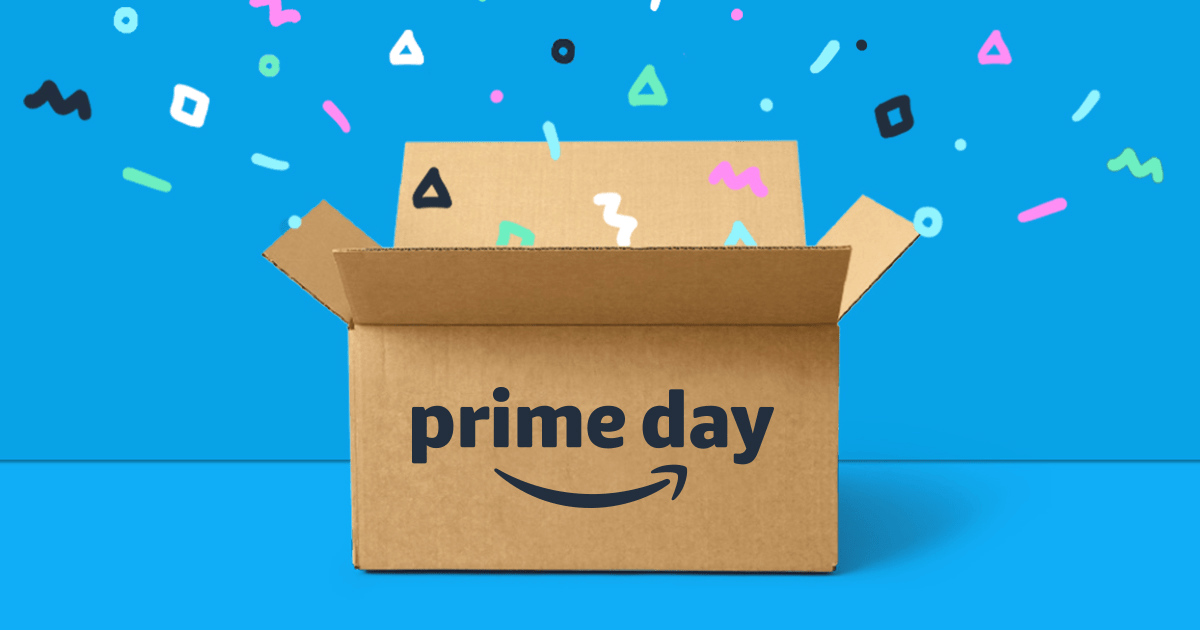RESOURCES
Coronavirus Update: Widespread Impact of COVID-19

Last week, we offered insight into how MPS clients have been affected by the coronavirus. We also shared our recent observations and what brands can expect in the weeks ahead. As the country works through continued closures and limitations, brands that sell on Amazon continue to adapt. Below we share the latest updates and more about the widespread impact of COVID-19.
Shipments and Prioritization
As we touched on last week, Amazon has reopened shipments to more FBA products. However, Amazon continues to limit the number of products shoppers can buy. This restriction has forced some to pivot and consider different fulfillment methods.
Reporting and Data
MPS strategists have noticed reporting discrepancies for Vendor Central brands experiencing shipping delays. Specifically, customer orders placed in late April will likely not be attributed to the Shipped Cost of Goods Sold (SCoGS) data until May.
Data in May could reflect large increases in SCoGs since it may also include sales from late April. But as shipping and sales continue to stabilize, we don’t believe this will be an issue long-term.
Advertising Trends
As our teams continue to analyze client data, we’ve identified clear trends in ACoS. Increases have been seen by clients that sell non-essential items. And the inverse is also true; decreases in ACoS are associated with clients that sell essential products.
On a broader scale, the audience for OTT campaigns has grown dramatically during the coronavirus outbreak. In fact, viewership has increased by more than 50% as people are at home and using multiple devices at once.
Industry Happenings
As we know, more people are shopping online than ever before. At MPS, we've been monitoring the implications of increased demand on Amazon. But it's also worth paying attention to how the impact of COVID-19 has translated into other marketplaces.
Google, for example, is no longer charging merchants to sell on the Google Shopping platform. This development was likely Google's effort to propel its marketplace efforts forward. If its platform gains popularity, Google will likely see an increase in advertising revenue. And if successful, its shopping platform could be better positioned for the future.
As e-commerce adjusts throughout this pandemic, it will be interesting to see more responses from marketplaces and brands.
We understand each brand is experiencing unique challenges related to the widespread impact of COVID-19. And the path forward looks different for everyone. As brands work to recover and return to normal, we’re here for support. Schedule a free consultation or contact us with any questions.
SIGN UP FOR OUR WEEKLY NEWSLETTER

News, Views, and Valuable Resources
Delivered to Your Inbox Each Week


